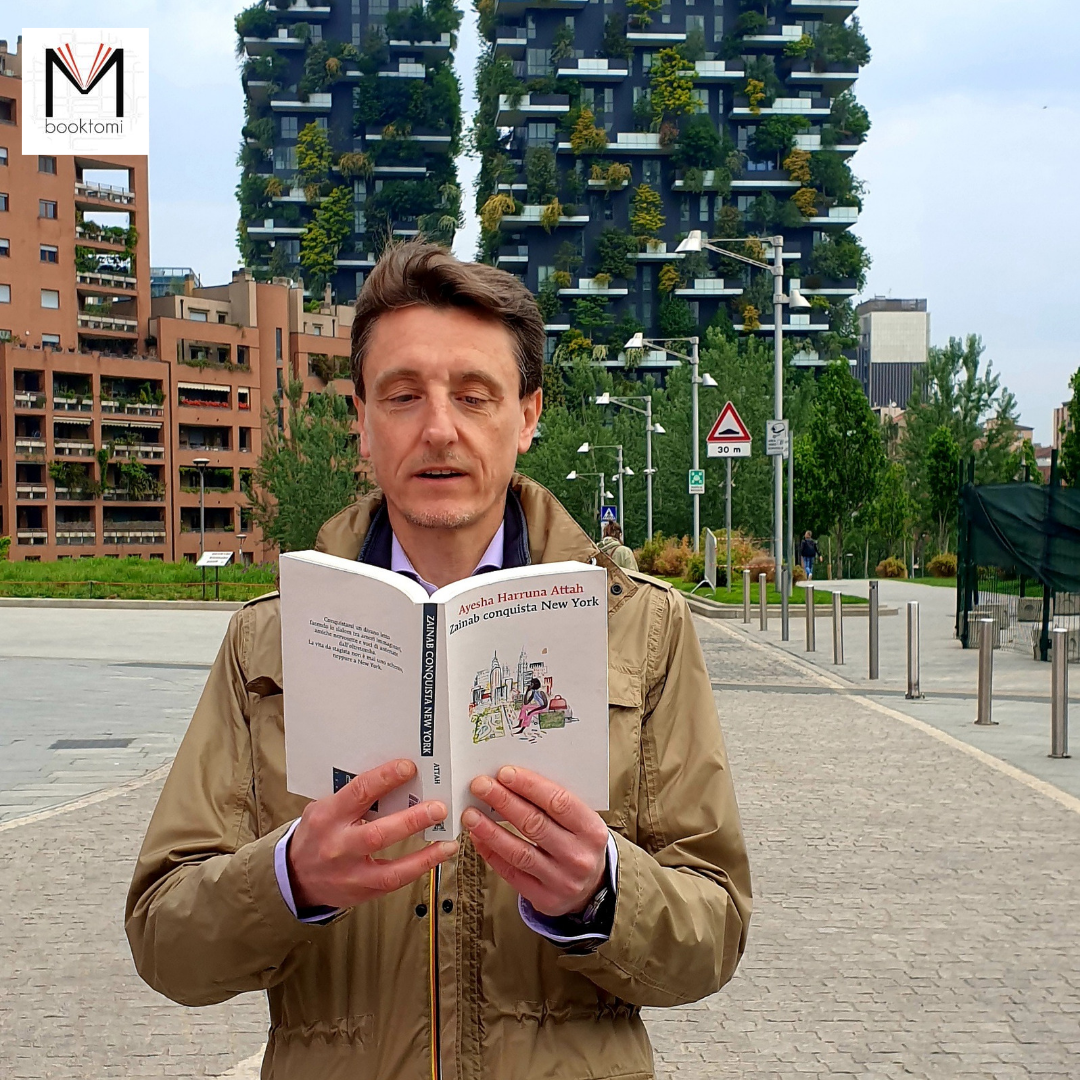“FRIDAY DI-VERSO”
“So, my dear, what is it that prevents you from creating the life you want?”
We stroll around New York with Zainab, looking for an answer to this question. The novel itself is a long walk through the end of adolescence, the sprint gives us the discovery of an immense and unknown city (at least, for the protagonist) like New York. Zainab comes to us from Ghana, confident, full of expectations and full of the will to live (and a little bit of losing her virginity too).
The story of her first New York summer is light, genuine, at times a little naive but as the gaze of a young woman who looks out to life and to self-discovery should rightly be. Probably, read by a peer of his age, all those little things that make such a magical experience – the first approaches, the friendships that are born or consolidated, the bosses, the crushes … the snatches – would light up, as activated by the fact of still being immersed in that emotional-existential chaos that is the age of twenty. Read ten years late, it generates a lighter smile, a gentle look towards Zainab and towards some memories that resurface, faded and softened by the past years.
“Could I have been a person who knew how to be authentic under any circumstances? And who was that person anyway? Only now was I starting to get to know her. “
It is not necessarily that at thirty one has really understood it, but perhaps the way in which one asks certain questions changes: it may happen that he is more calm, less imperative, more indulgent. There is a different urgency, often linked to exogenous, social expectations, less identifying and therefore only apparently more stringent. Reading “Zainab” removes some of the dust that we have left accumulating on these questions and is a fresh and gentle breath for which we must thank the young Ayesha Attah.
And then there are the grandmothers! The real smile of this book are the three ancestors who manifest themselves as voices in the head of the bewildered Zainab: three tones, three roots, three stories that intertwine with hers and accompany her, sometimes in a somewhat intrusive way, to the discovery of himself, of his ambitions, of his fears. Above all, they will help her to have confidence in the ability to “recognize a beautiful thing” as she manifests itself, in one’s choices, in one’s steps: it’s always so easy to stumble or wonder where the hell you’re going. Of course, not everyone has three wise voices to comment on every decision taken or to be undertaken, but taking a step back from this delightful fiction we can all think with a certain amount of indulgence about our more or less young mistakes and believe, with the belly, with heart and mind, which, despite all the falls, when something truly beautiful for us arrives, we will know how to recognize it: and we will not let it escape.
After all, the Scorpions also sang it: when you know where you came from, you know where you’re going. Zainab is like a flower that blooms after having rooted its roots in its own history: give this book to all the buds you know and help them to bloom.
____________________________________________________________________________________________________
Ayesha Harruna Attah, Zainab conquista New York, Marcos y Marcos, Milano, 2022
Original edition: Zainab takes New York, Headline Accent, 2021




